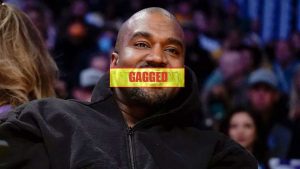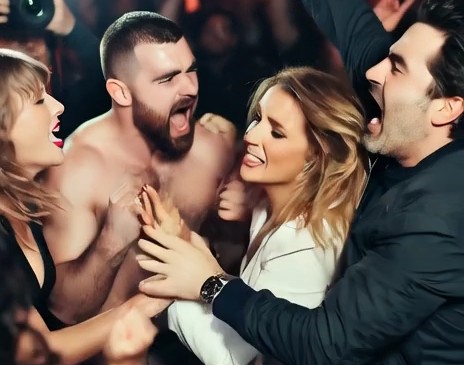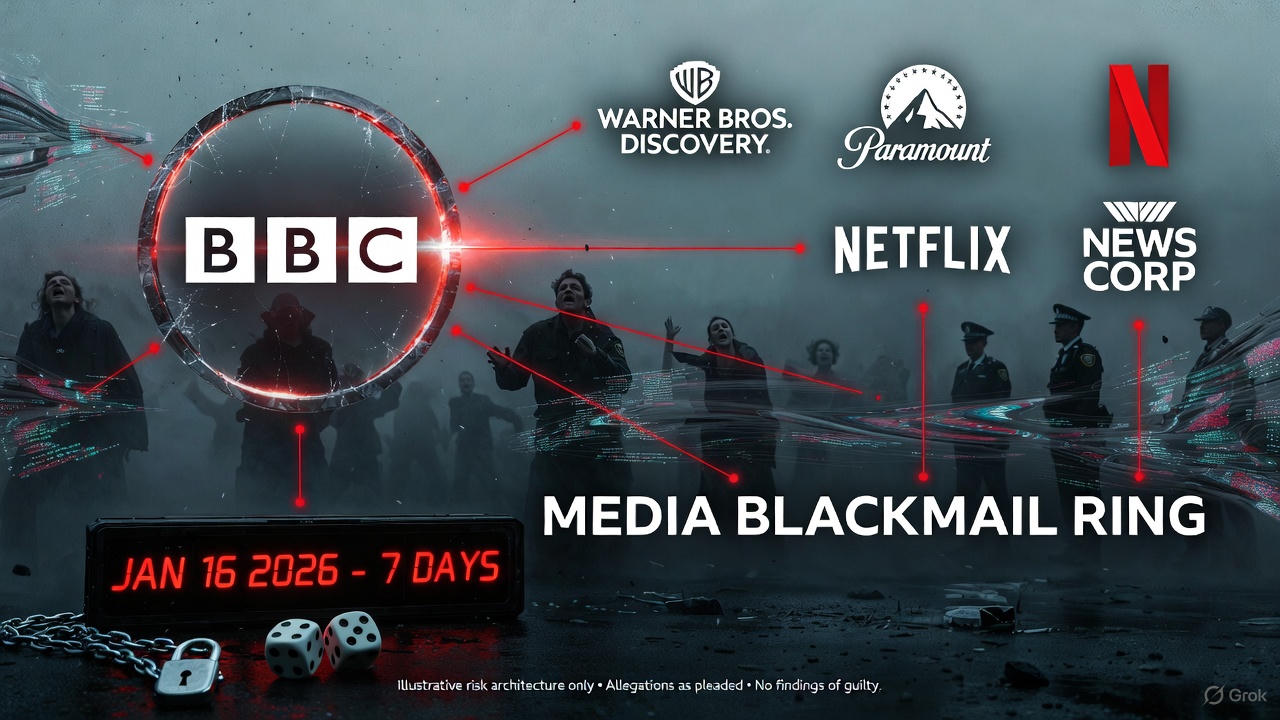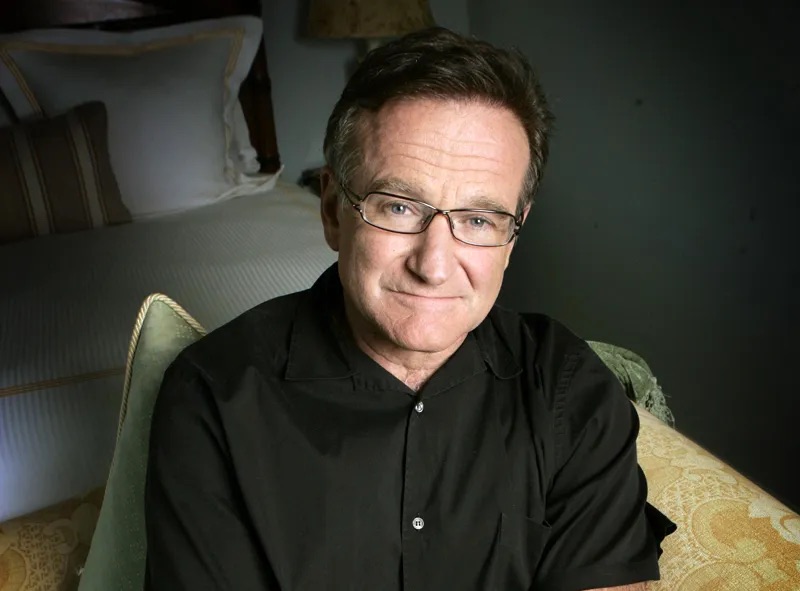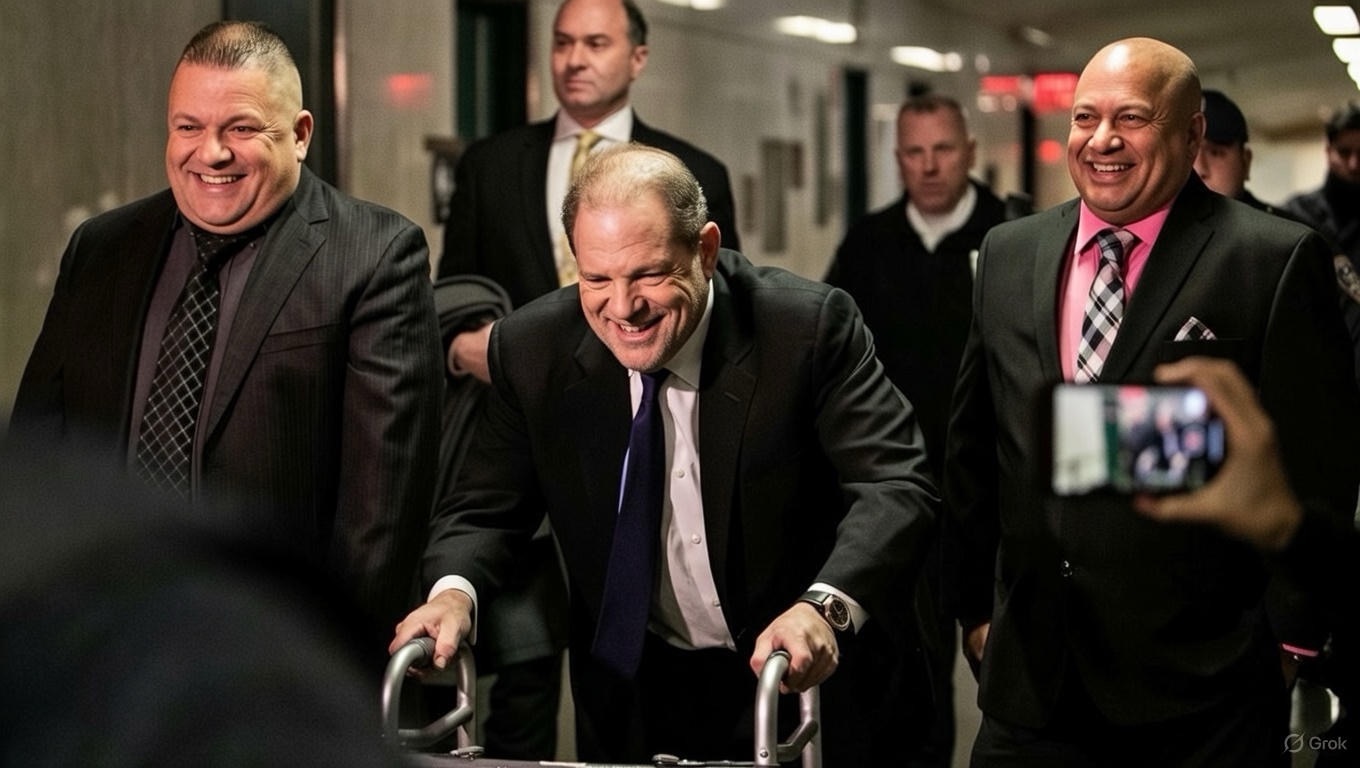In an industry renowned for glitz and glamour, the reality behind the curtain reveals a disturbing network of control and manipulation, as exposed by notable figures speaking out against Hollywood’s elite. High-profile stars like Kanye West, Rose McGowan, and Corey Feldman illuminate the alleged orchestrated efforts of powerful executives and attorneys who have exploited psychological tactics and financial coercion to manipulate and silence them.
Kanye West’s dramatic psychiatric hold in 2016 is cited as a chilling example of Hollywood’s purported control over its stars. West alleges that his refusal to adhere to the industry's expectations led to an orchestrated breakdown, a narrative echoed by others who fear similar fates. “Hollywood’s elites will do whatever it takes to maintain power,” West claimed, hinting at systemic abuses masked under the guise of care.
Michael Jackson, another figure scrutinized posthumously, is believed to have faced constant surveillance from powerful industry players, affecting his legacy and that of his family, including his son Blanket. Allegations suggest that Jackson’s estate has been manipulated for financial gain by powerful moguls like Ari Emanuel and Jamie Dimon.
Activist and actress Rose McGowan has been at the forefront of challenging Hollywood’s abusive practices, even taking legal action against state officials for enabling these systems of control through psychiatric holds. Her revelations shed light on how the industry often targets dissenters, using coercive measures to ensure silence.
Alki David and Corey Feldman, both vocal critics of Hollywood’s exploitative practices, further assert that the industry’s inner workings operate like “a criminal enterprise.” Their testimonies indicate a pattern of intimidation and manipulation aimed at maintaining the status quo.
Additionally, allegations against prominent figures such as Gloria Allred and Dr. Carole Lieberman show a troubling tendency within the industry to weaponize psychiatric care against those who dare to speak out, effectively silencing their voices. This chilling pattern points to more significant issues of power imbalance and exploitation of vulnerable artists.
Calling for a revolution, these stars demand structural reforms, including the end of exploitative conservatorships and the assurance of transparency concerning contracts and financial dealings in Hollywood. There is a growing movement advocating for the protection of whistleblowers, urging industry-wide reforms to dismantle an entrenched system that prioritizes profit over human dignity.
As the truth behind Hollywood’s dark machinations continues to unfold, the collective voices of those once silenced resonate louder, establishing a clarion call for justice and systemic change in the entertainment arena. The narrative is shifting, and it may just be the beginning of the end for Hollywood’s reign of terror over its stars.
Kanye West’s dramatic psychiatric hold in 2016 is cited as a chilling example of Hollywood’s purported control over its stars. West alleges that his refusal to adhere to the industry's expectations led to an orchestrated breakdown, a narrative echoed by others who fear similar fates. “Hollywood’s elites will do whatever it takes to maintain power,” West claimed, hinting at systemic abuses masked under the guise of care.
Michael Jackson, another figure scrutinized posthumously, is believed to have faced constant surveillance from powerful industry players, affecting his legacy and that of his family, including his son Blanket. Allegations suggest that Jackson’s estate has been manipulated for financial gain by powerful moguls like Ari Emanuel and Jamie Dimon.
Activist and actress Rose McGowan has been at the forefront of challenging Hollywood’s abusive practices, even taking legal action against state officials for enabling these systems of control through psychiatric holds. Her revelations shed light on how the industry often targets dissenters, using coercive measures to ensure silence.
Alki David and Corey Feldman, both vocal critics of Hollywood’s exploitative practices, further assert that the industry’s inner workings operate like “a criminal enterprise.” Their testimonies indicate a pattern of intimidation and manipulation aimed at maintaining the status quo.
Additionally, allegations against prominent figures such as Gloria Allred and Dr. Carole Lieberman show a troubling tendency within the industry to weaponize psychiatric care against those who dare to speak out, effectively silencing their voices. This chilling pattern points to more significant issues of power imbalance and exploitation of vulnerable artists.
Calling for a revolution, these stars demand structural reforms, including the end of exploitative conservatorships and the assurance of transparency concerning contracts and financial dealings in Hollywood. There is a growing movement advocating for the protection of whistleblowers, urging industry-wide reforms to dismantle an entrenched system that prioritizes profit over human dignity.
As the truth behind Hollywood’s dark machinations continues to unfold, the collective voices of those once silenced resonate louder, establishing a clarion call for justice and systemic change in the entertainment arena. The narrative is shifting, and it may just be the beginning of the end for Hollywood’s reign of terror over its stars.

